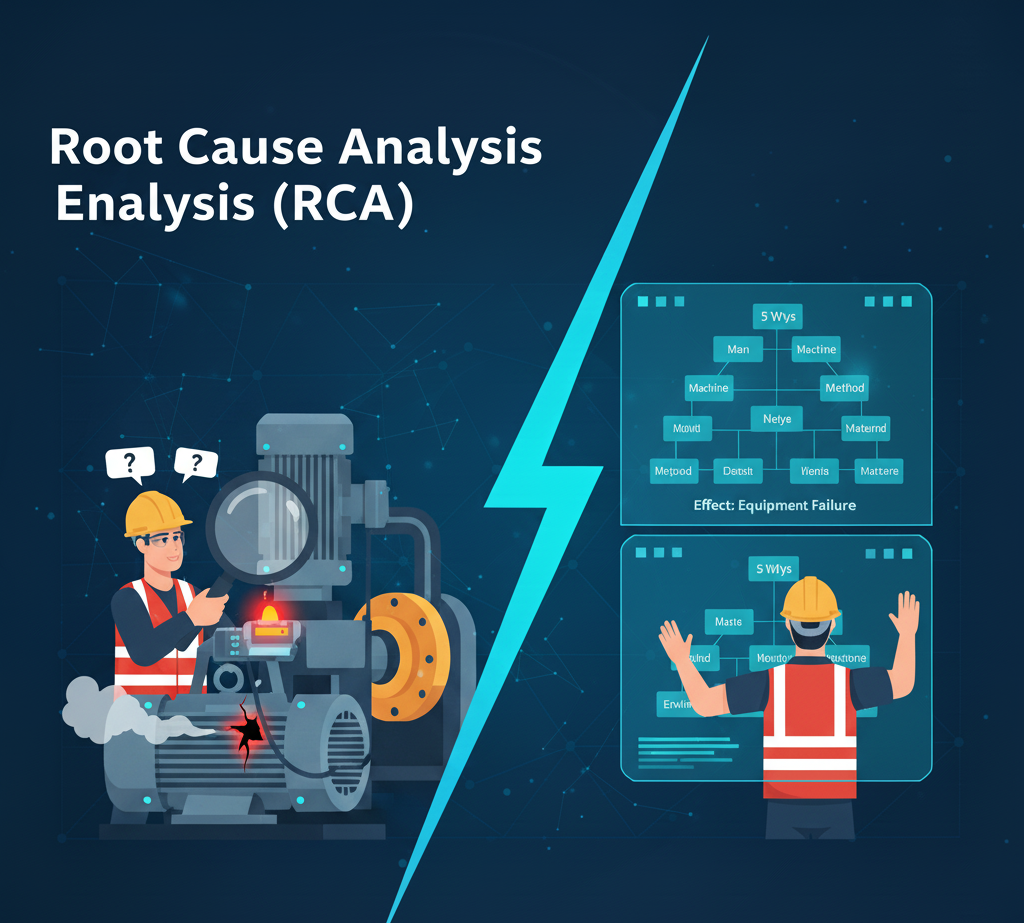

By the end of this course, delegates will be able to:
Mechanical Engineers, General Supervisors, Consulting Engineers, Design Engineers, Foremen, Supervisors, Technicians, Maintenance Personnel, Engineers of all disciplines, Supervisors, Team Leaders and Professionals in Maintenance, Engineering and Production Managers, Maintenance Personnel, Heads of Maintenance and Operation, Chemical Engineers, Equipment Specialists, Technical Engineers, Operation Engineers, Planning Engineers, Process Engineers, Reliability Specialists, Boiler Plant Construction Managers, Consulting Engineers, Design Engineers, Insurance Company Inspectors, Operation, Maintenance, Inspection and Repair Managers, Supervisors and Engineers, Plant Engineers, Senior Boiler Plant Operators, Repairers and Installers, Product Engineers and Technologists, Operation, technical
service and maintenance professionals, Engineers, Consultants and Sales professionals, Technical professionals responsible for interdisciplinary energy projects, Load Lifting Engineers and Supervisors, Mobile Cranes Operators, Mobile Cranes Maintenance Engineers and Technicians, Mobile Cranes Inspectors, Load Lifting Safety Engineers and Professionals, all staff roles in engineering, technical and supporting departments with responsibility for ensuring safety in the workplace and for conducting, leading, reviewing and approving incident investigations
CDGA attendance certificate will be issued to all attendees completing minimum of 80% of the total course duration.
| Code | Date | Venue | Fees | Register |
|---|---|---|---|---|
| ME112-02 | 04-05-2026 | Rome | USD 6950 | |
| ME112-03 | 05-06-2026 | Dubai | USD 5450 | |
| ME112-04 | 18-10-2026 | Muscat | USD 5450 |
Providing services with a high quality that are satisfying the requirements
Appling the specifications and legalizations to ensure the quality of service.
Best utilization of resources for continually improving the business activities.
CDGA keen to selects highly technical instructors based on professional field experience
Since CDGA was established, it considered a training partner for world class oil & gas institution
3012, Block 3, 30 Euro Business Park, Little Island, Co. Cork, T45 V220, Ireland
Mon to Fri 09:00 AM to 06:00 PM
Contact Us anytime!
Request Info